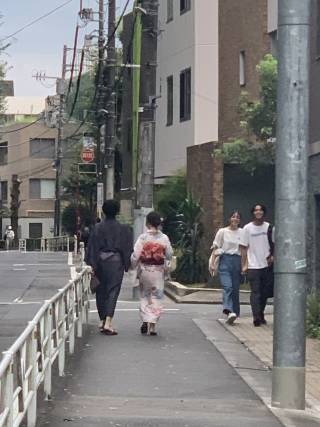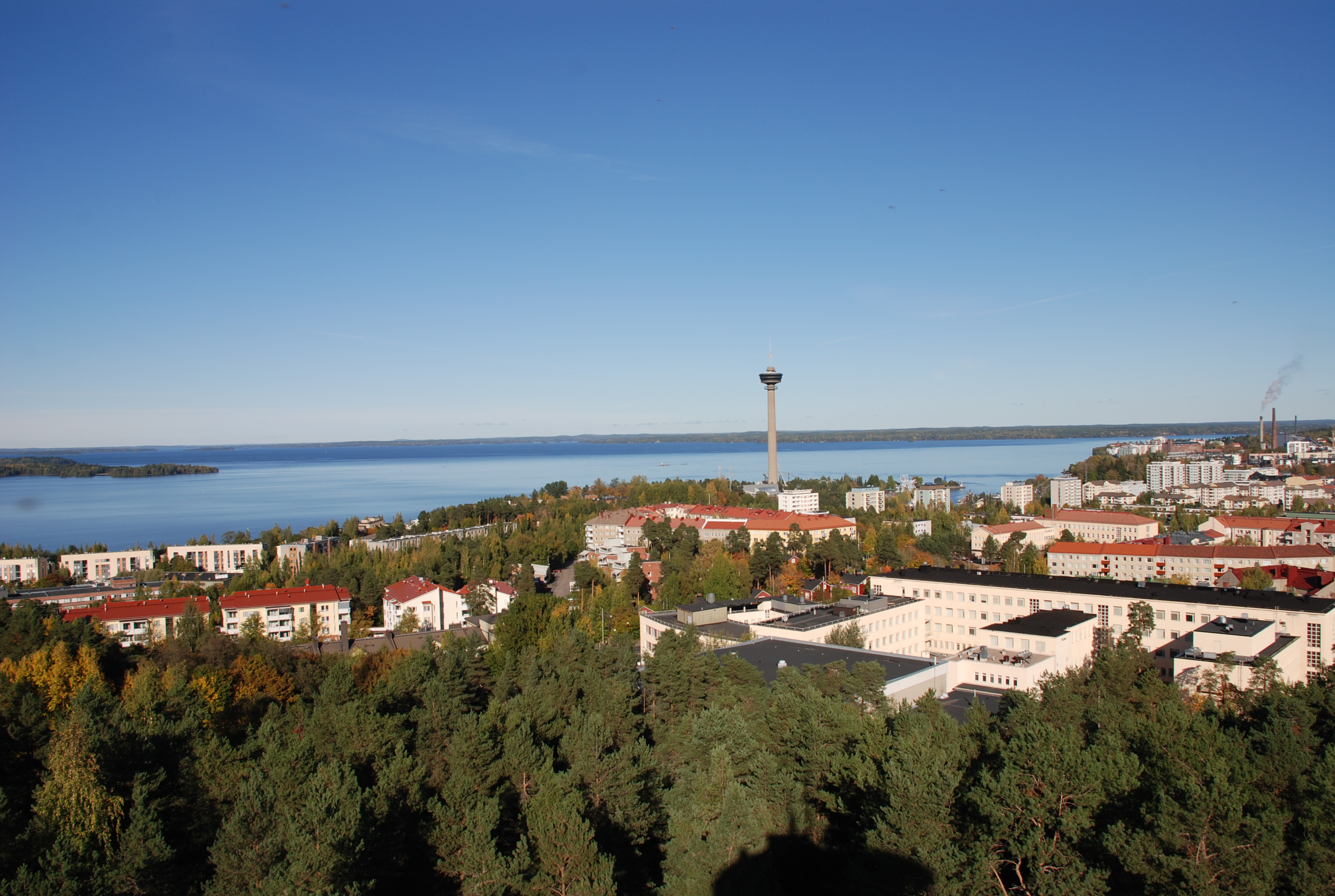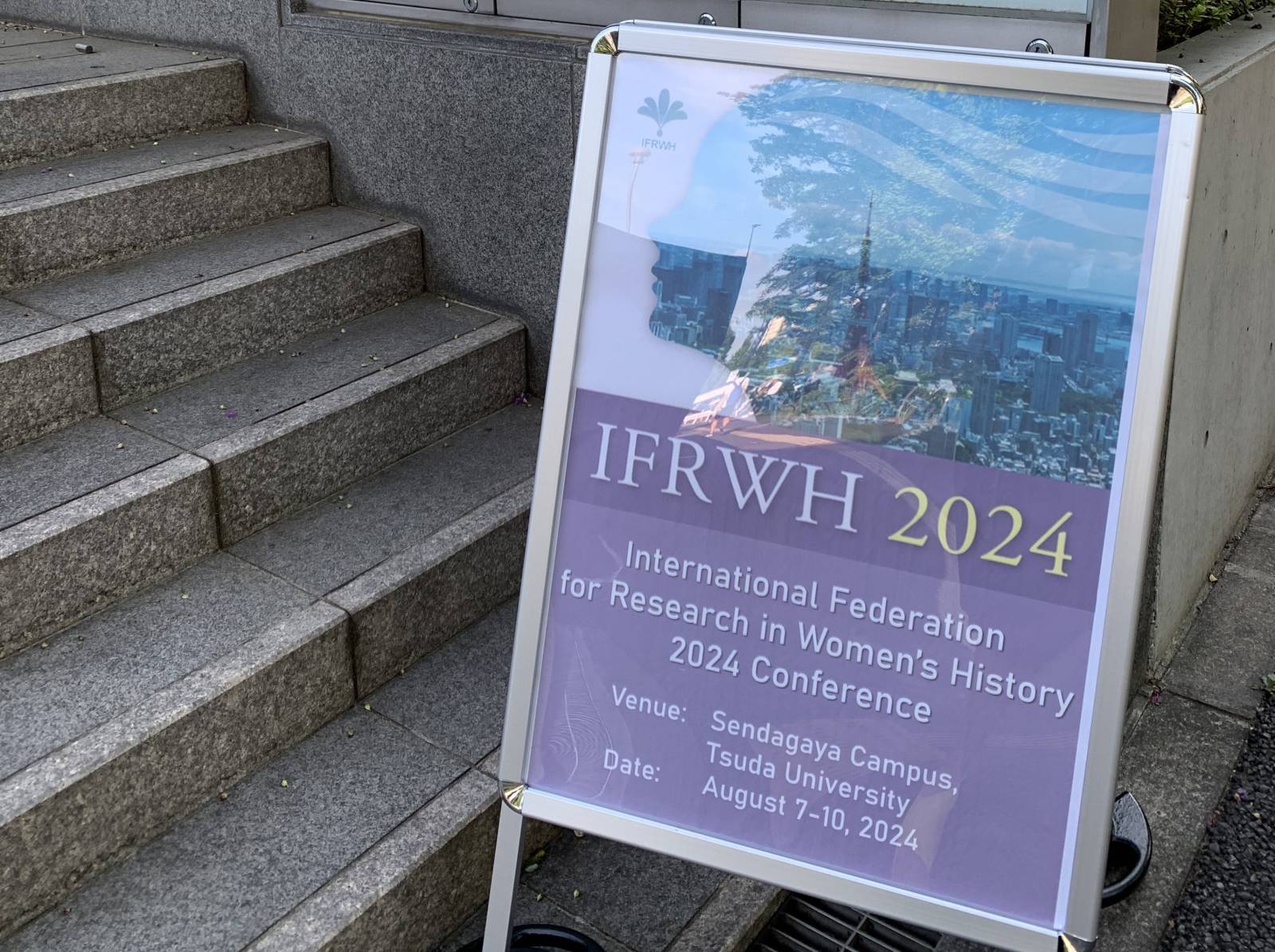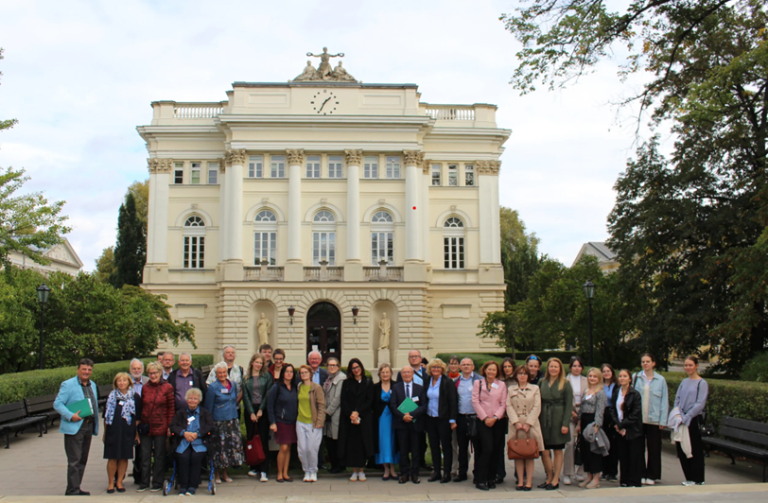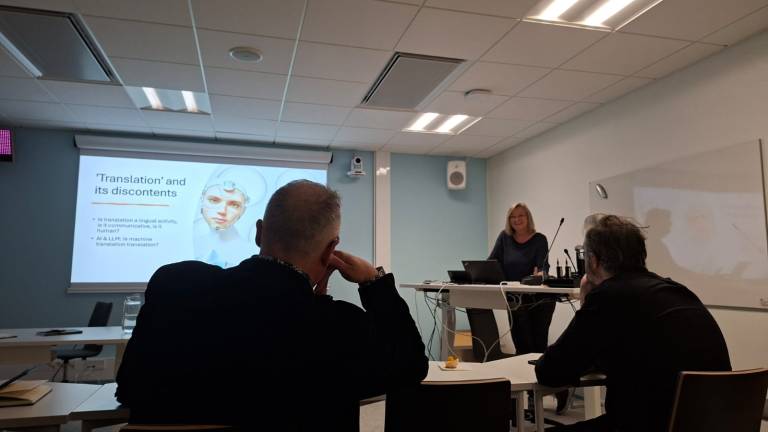Last summer, I was lucky to participate in the conference of the International Federation for Research in Women’s History (IFRWH) which took place in Tokyo, Japan, on 7-10 August 2024. I would like to underline, that I would not have been able to attend in person had it not been for the generous financial support of the Languages Unit that covered my return flights to Japan, for which I am very thankful.
The theme of the IFRWH 2024 conference was Reflections on Major Issues in Women’s History: Gender equality, gender division of labor, political participation, sexuality, family, and society, and it took place at the Tsuda University which was founded in 1900 by Umeko Tsuda as one of the first institutions in higher education for women in Japan.
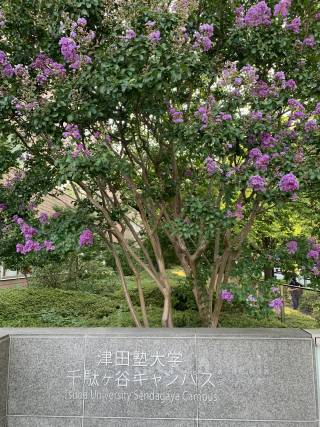
The Tsuda University has 29 partner universities in 12 countries, and has been the alma mater to over 30,000 graduates from Japan and beyond. The University comprises two colleges – the College of Liberal Arts located on Kodaira campus and consisting of the Departments of English, of International and Cultural Studies, of International Cooperation and Multicultural Studies, of Mathematics and of Computer Studies; and the College of Policy Studies which consists of one eponymous department and which is located on the Sendagaya Campus. The College of Policy Studies, conveniently located in the busy and quite central Shibuya area, just opposite the Sendagaya train station and a walking distance from the Meiji Jingu Gaien gardens, one of Tokyo’s tourist attractions, served as the conference venue.
The conference started on Wednesday 7 August with three keynote lectures, the focus of which was gendered history, international networking, and the approaches to challenging Eurocentric narratives in academia and research.
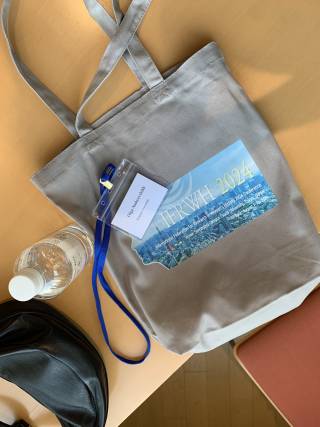
On Thursday 8 August, 29 sessions were scheduled, the panels covering issues of maternity, women in military service and migration, women’s participation in war, traditional and non-traditional work of women, and women’s experiences in rural and colonial spaces.
On the third day of the conference 27 sessions took place, including the one where I presented my paper. The panel titled Women at the Borders, Women at the Peripheries: Histories of Women’s Practices of Decolonization also included two papers by colleagues from the University of Helsinki, Prof Marianna Muravyeva and Dr Larisa Shpakovskaya, and the paper by Belgium-based scholar Dr Maryna Shevtsova. Prof Muravyeva’s paper focused on decolonising human rights, Dr Shpakovskaya’s talk was devoted to the experiences of female academic migrants in Finnish universities, and Dr Shevtsova’s paper discussed decolonising practives of Ukrainian women’s rights activists in the contexts of post-Euromaidan and Russia’s war against Ukraine. My presentation was devoted to survival and resistance strategies of Russian lesbian, bisexual and transgender women in the post-2022 Russophone media spaces. Using media data sampled from individual accounts of queer female microcelebrities and activists, I compared the women’s strategies of dealing with the challenges of the war and forced migration. In the paper I presented the comparative analysis of the social media data approached through the frameworks of emotional capital and emotional communities (Rosenwein 2006 and 2016), confessional life-writing (Leader 2015), neoliberal self-branding (Khamis et al. 2017), and decoloniality (Tlostanova 2012, 2017, 2020).
On Saturday 10 August, the last day of the conference, 11 more panels took place in the morning, including the one where Oulu-based scholar, Prof Tiina Kinnunen of the History Department of Oulu University, presented a talk about the appeal of nationalism among Finland’s women from the 1920s to the 1940s. I found that Prof Kinnunen’s paper offered an important insight into the mechanisms of gendered histories and feminist approaches to patriotism in the context of war and post-war societies. Another paper that I found particularly useful for own research in terms of new perspectives on gendered strategies of migration was the talk by Prof Tomoko Ozawa of Musashino Art University, who discussed the ways in which Japanese women’s voyages from Yokohama to San Fransisco were represented in the 20th century Japanese media. Overall, the three days of intense discussions of women’s role in society approached from the non-Eurocentric, decolonial perspective served as a very important boost to my own on-going research on the post-2022 queer migration outside of the Russian Federation. I am currently working towards finalising this independent research project and getting it published as a journal article, and the active participation in the conference in Tokyo contributed to this process significantly.
Apart from research inspiration, the conference turned out to be a good opportunity for networking. I forged connections with colleagues from Södertörn University, Sweden, and from Japanese Universities. With the colleagues from Helsinki and Belgium with whom we co-presented at the panel, we used the free time during the conference days to discuss our future collaborations, one of them being a LGBTQ-themed panel in the upcoming Aleksanteri conference at the University of Helsinki.
Overall, it was both an honour and a pleasure to represent Finland at this unique and important conference alongside three other Finland-based colleagues from Helsinki and Oulu. The Tokyo conference experience also demonstrated that understanding decoloniality is impossible without insights into non-western, non-European approaches to postcolonial and decolonial studies. For me as a researcher in the field of Russian language and culture, these insights were particularly valuable.
